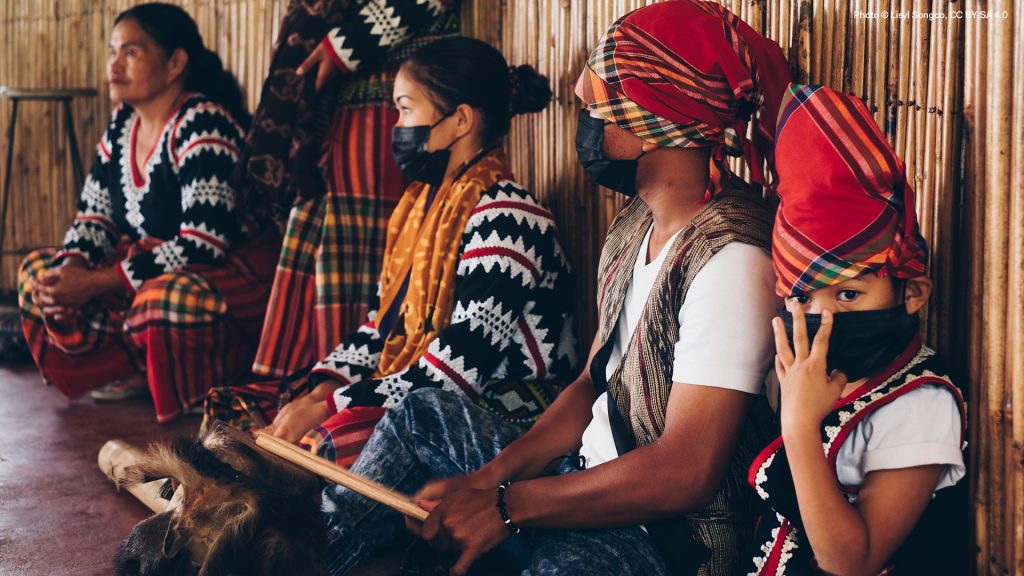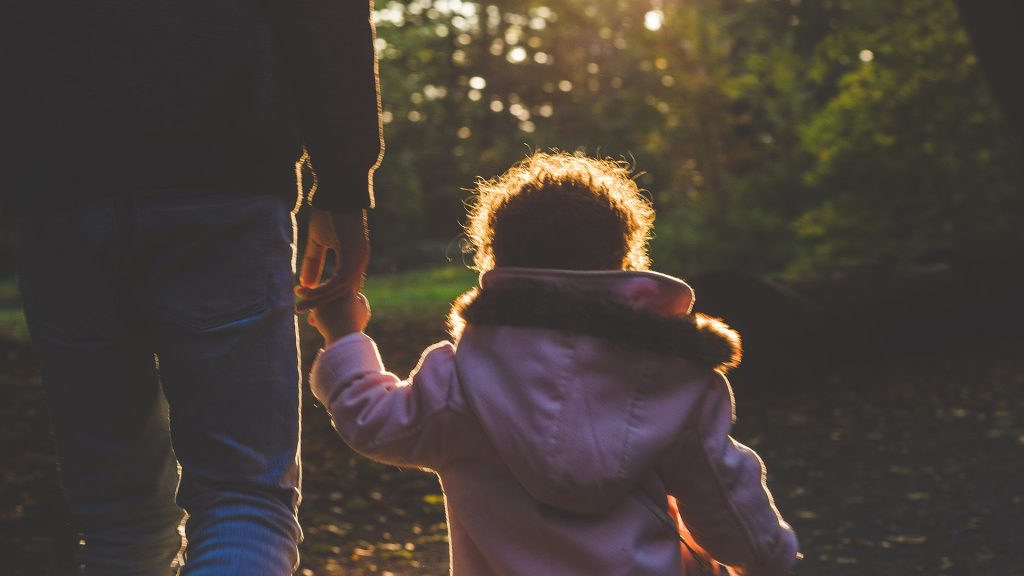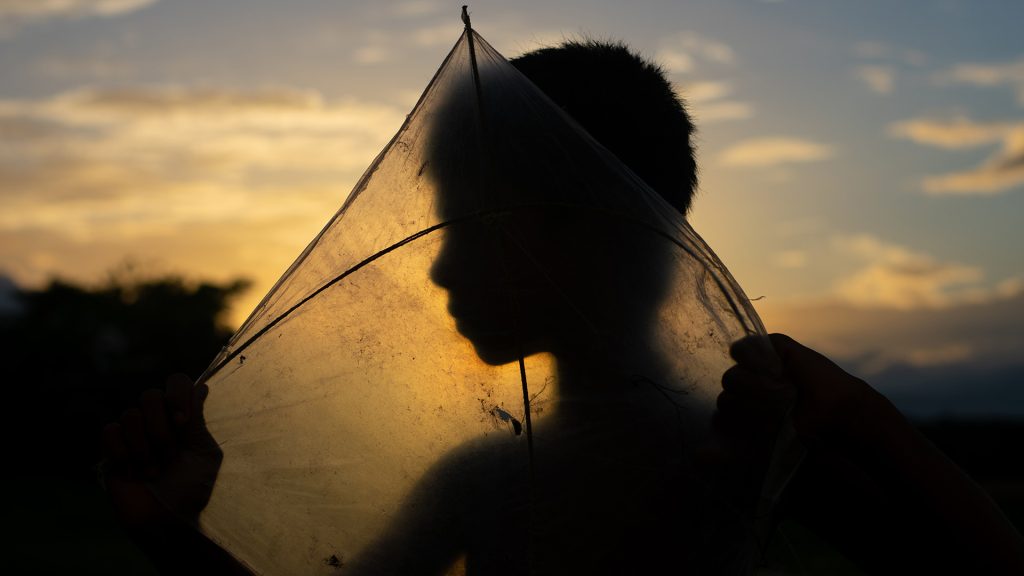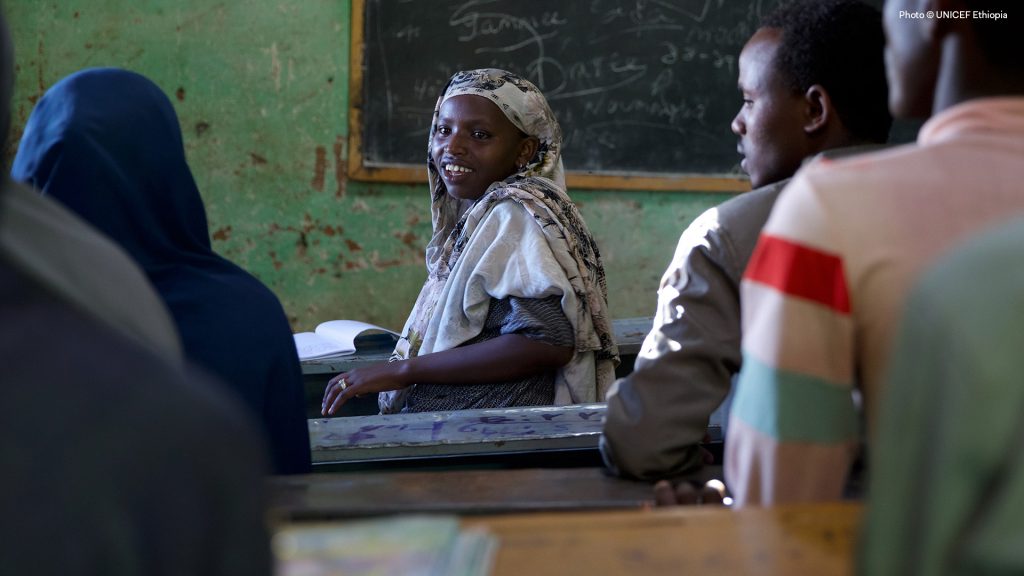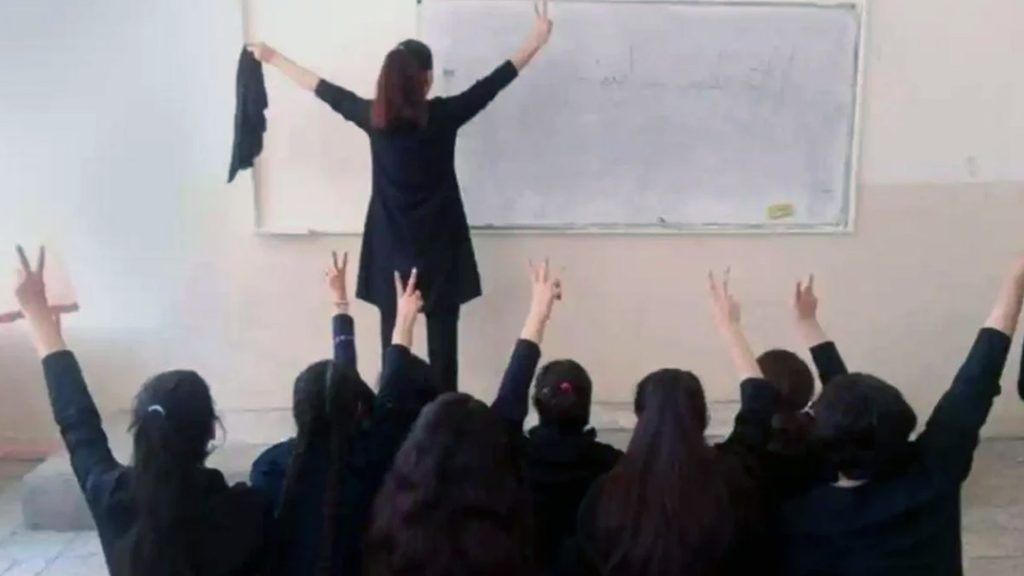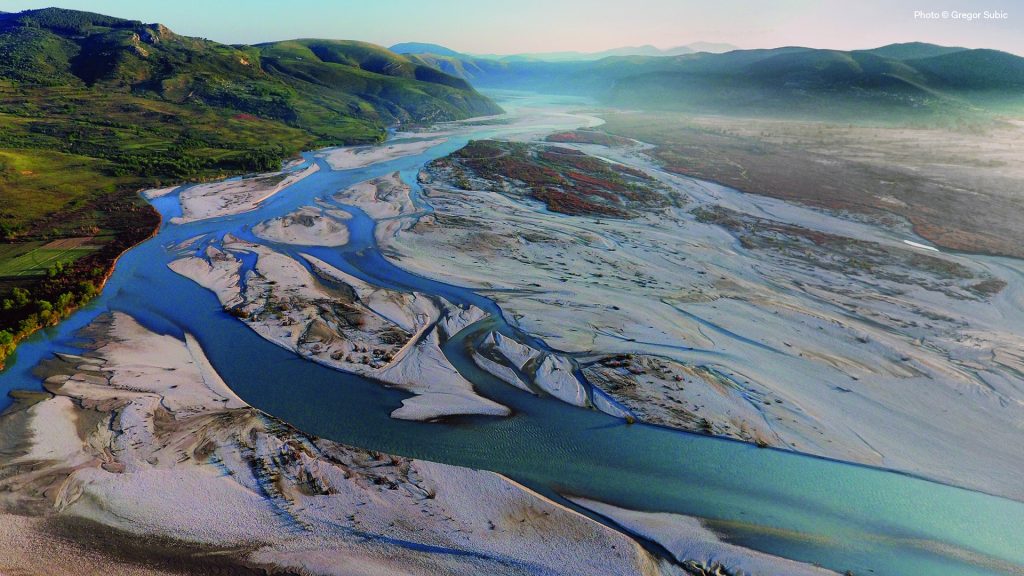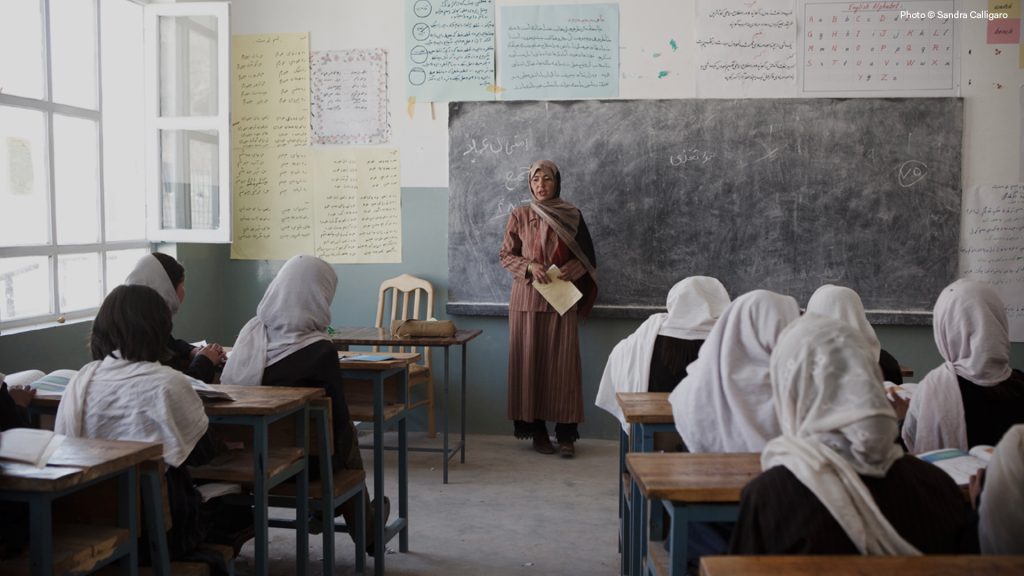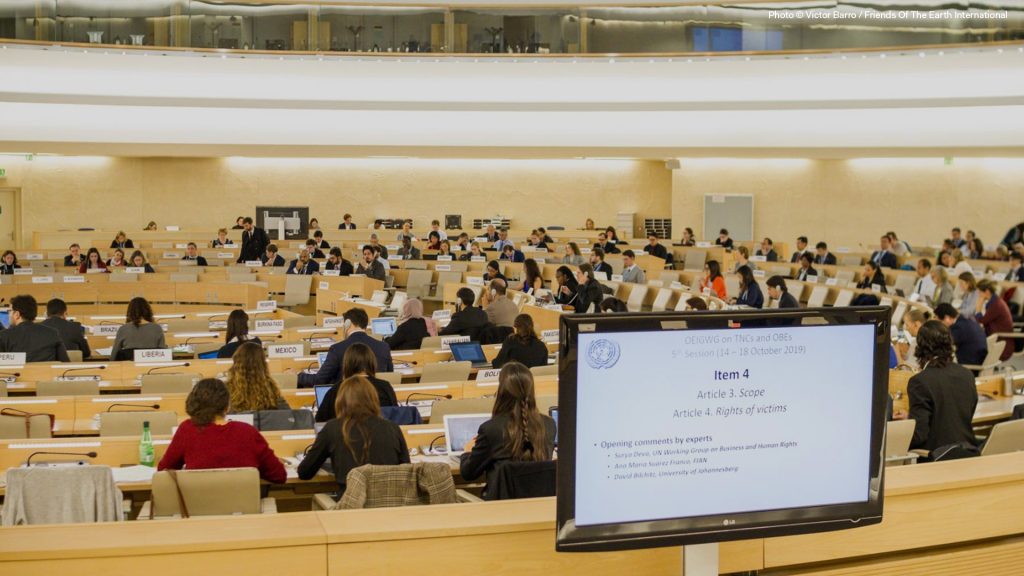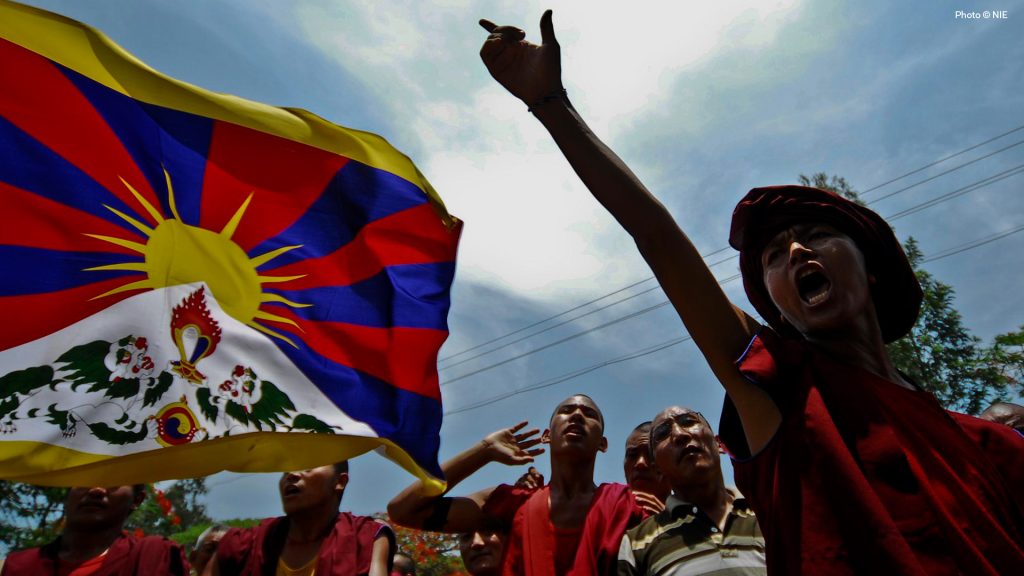Indigenous spirituality and worldview as an alternative approach to deal with the cause of COVID-19
In the battle against COVID-19, a neglected but extremely knowledgeable voice is that of Indigenous or indigenising religions. These groups have both biological and spiritual insight that could contribute to the discussion around resiliency, behaviour adaptation and contributory environmental concerns.
